Our Verdict
Immortality is Sam Barlow's best, most thought-provoking game yet, and a barnstorming debut for Half Mermaid.
PC Gamer's got your back
What is it? An immersive interactive movie where you are the editor and the film might be haunted.
Expect to pay: $20 (Also on PC Game Pass)
Developer: Sam Barlow, Half Mermaid
Publisher: Half Mermaid
Reviewed on: AMD Ryzen 5 3500U, Radeon Vega Mobile Gfx 2.10 GHz, 12 GB RAM
Multiplayer? No
Link: Steam
Where does art come from? What makes creating a film different from writing a letter or inventing the toaster? Does it come from within us, or is it, sort of, all around us, y'know? This is the realm of cultural philosophy that Immortality (rather more eloquently) delves into as you unravel its FMV-led mysteries.
Immortality is presented less as a game and more as a collector’s edition Blu-Ray box set of forgotten (and fictional) French model and actor Marissa Marcel's filmography. Players begin with a question posed in the "Short History of Marissa Marcel," helpfully written by Immortality director Sam Barlow: What happened to the actor? Why has she been absent for 20 years? Why were none of her movies released? Where is she now?
Luckily, the answers may lie in the "large cache of film" Barlow and his crew serendipitously found back in 2020. "After carefully collating and scanning the footage," Barlow writes, "we have created this piece of computer software in an attempt to preserve this work and share it so that Marissa may live again in the hearts of audiences."
Hide and Seek
"The image is never a simple reality," wrote philosopher Jacques Rancière. Likewise, the images in Immortality are rarely ever just what they seem. They hide things, distort their meanings, and play with the player’s expectations.
Part of how Immortality hides things is through restraint. Unlike previous Barlow-helmed games, players do not have immediate or comprehensive access to the entirety of the available footage. Instead, they start with a single interview from a 60s-era late night talk show, and are expected to organically branch out from there. This is where the game's first major mechanic comes in: the “match cut.”
Match cuts are a commonly-used editing technique to build visual clarity for moviegoers. In Immortality, the technique is used to find similarly-composed images across different movies and other media. By pausing the scene, players can examine small aspects of it and, like a point-and-click adventure game, click on whatever they are interested in. This will teleport them to another scene with the same actor or a similar object in it. As players teleport around, they add the scenes they find to their library, and gradually, the true (or 'true') story emerges. The match cut here acts like its cinematographic counterpart by creating narrative, instead of visual, continuity for the player.
The game itself is structured like a Moviola editing machine, and combined with the match cut mechanic, the player is able to put together their own "supercut" based almost entirely on vibes. While I imagine most players will use it for its specified purpose, there’s a lot of room for goofing off here. Want a montage of bowls of fruit? Go for it, why not. Some wall art catch your eye? Here's some more. It's very satisfying to go down these rabbit holes on your way to solving the mystery at the heart of the game, and the sense that you are actively participating in this created world is bolstered by the presence of excellent background music by Nainita Desai that intensifies as you jump from scene to scene.
Keep up to date with the most important stories and the best deals, as picked by the PC Gamer team.
As a note, while there are full mouse and keyboard controls built in, the devs do recommend use of a controller, which we discovered added haptic feedback when we used one in our playthrough. Additionally, players will want to scrub back and forth through scenes, as hints and insights can sometimes be found running the footage backwards.
Cut, Print It
With his previous games, Barlow has worked with established actors to create moments of intense drama and intrigue across hours of footage. What sets Immortality apart is that the fictional trilogy of movies at its core (Ambrosio, Minsky and Two of Everything, all shot over a span of 30 years in the story) are essentially real movies, around an hour each, with different writers, actors and production crews for each of them, all shot in the style of the time period they're purported to be from.
But these movies are not the sole space players get to move around in. A lot of the behind-the-scenes footage features Marissa, director John Durick (played by Hans Christopher) and an assortment of other actors and crew running through rehearsals, scouting locations, hanging out with famous time-period figures like Andy Warhol, and spending intimate time together. In these moments we see tension, we see catharsis, we see regular people trying to make art while ignoring what that attempt at creation is doing to them.
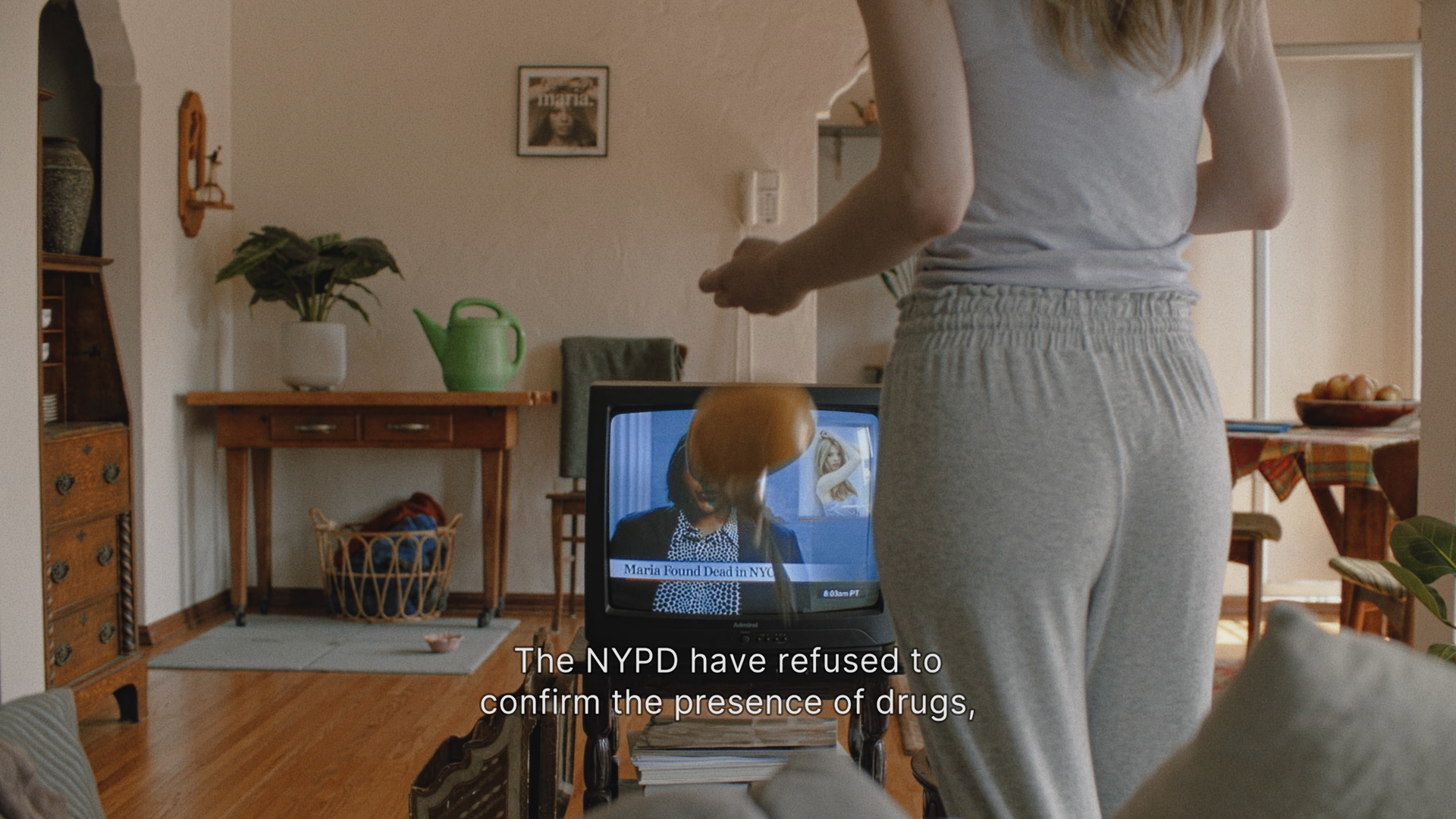
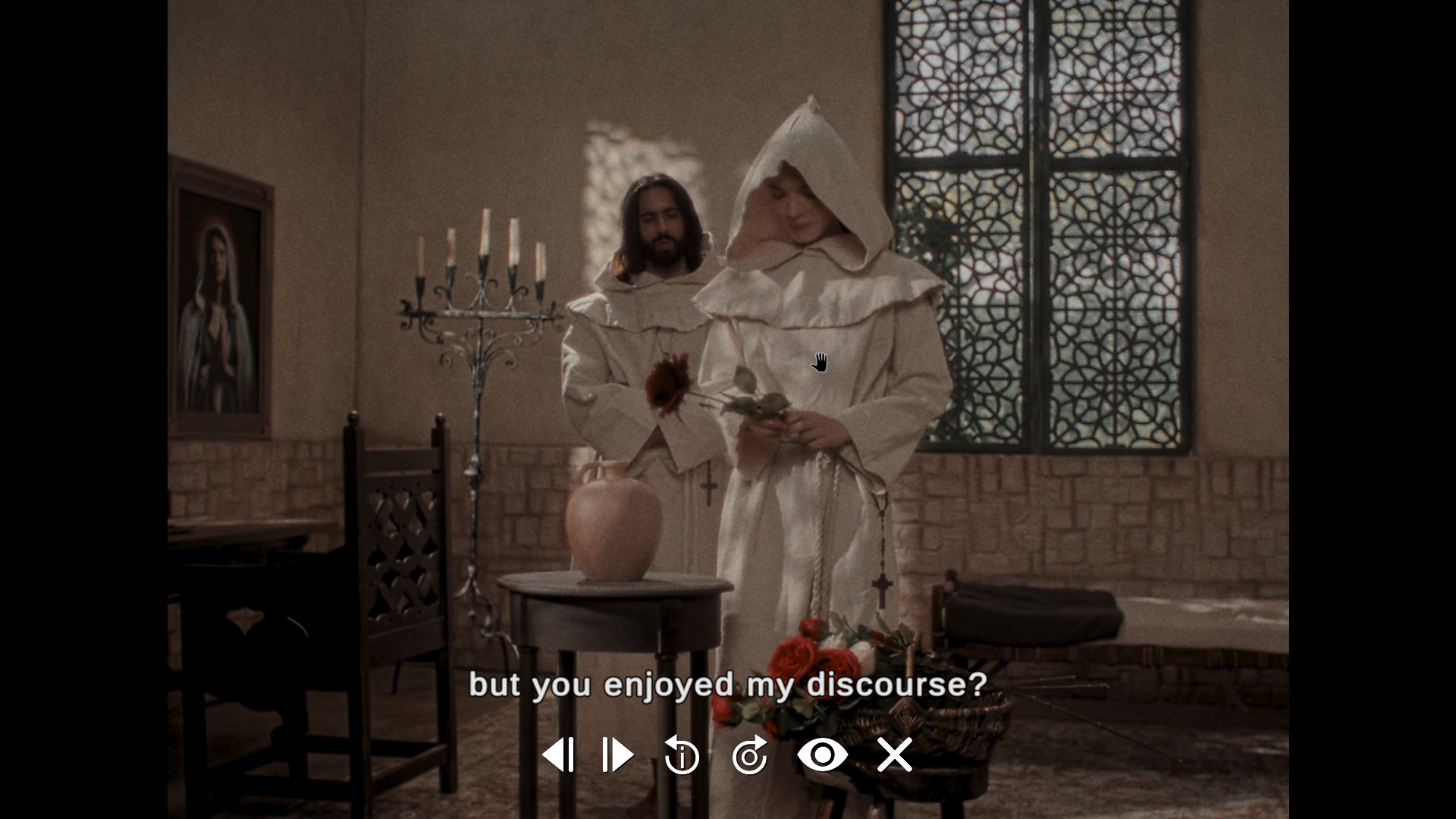
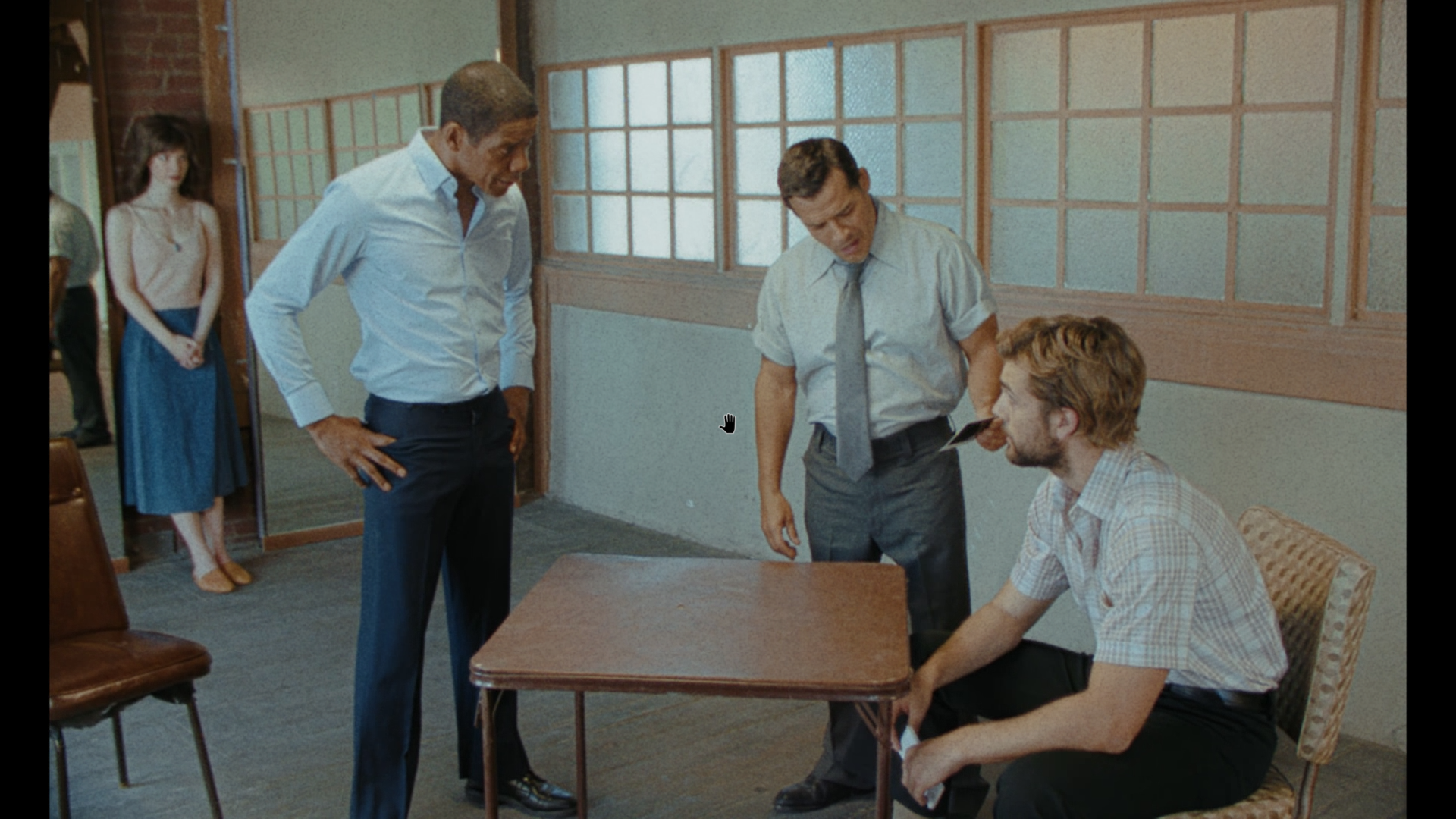
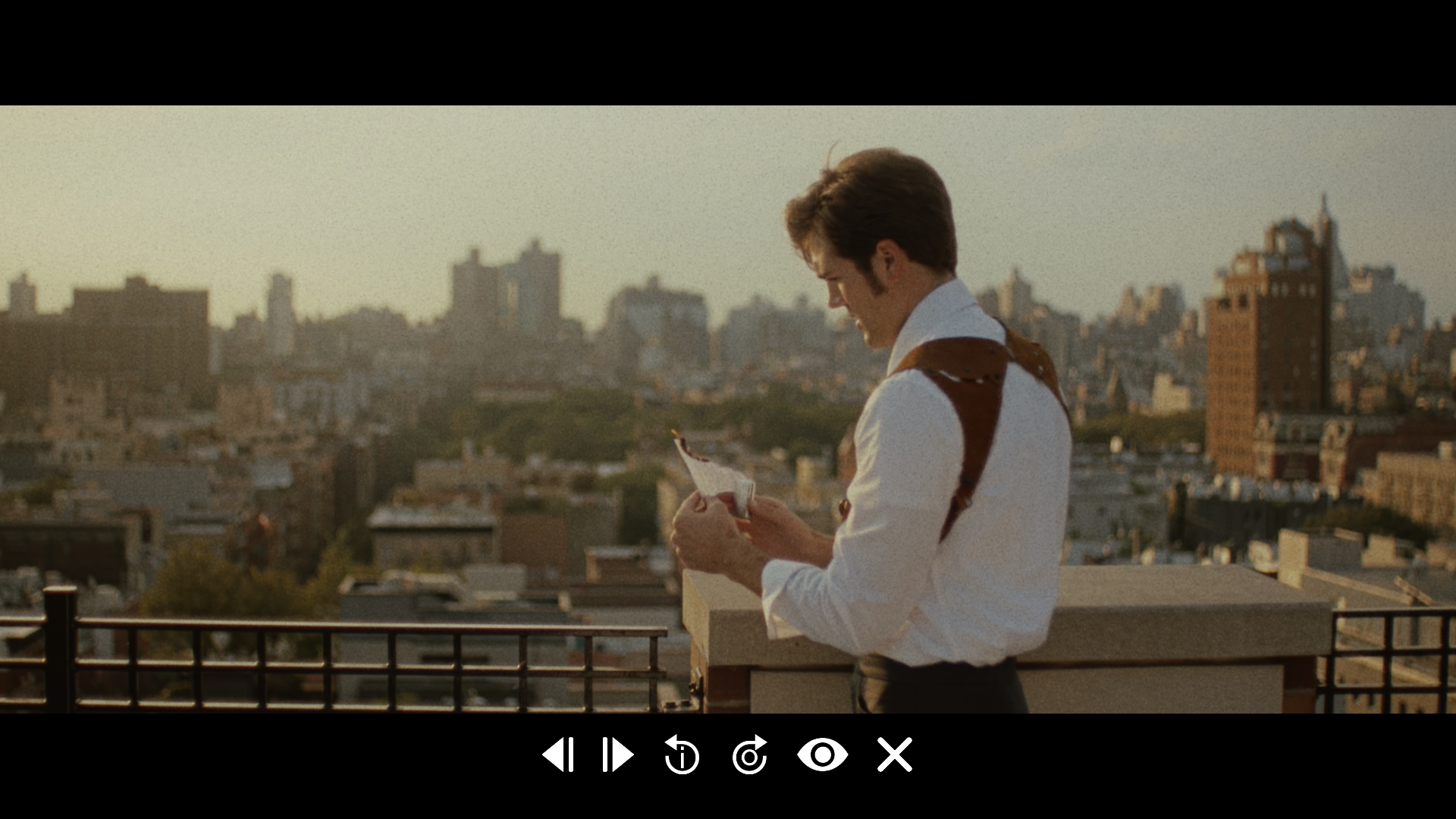
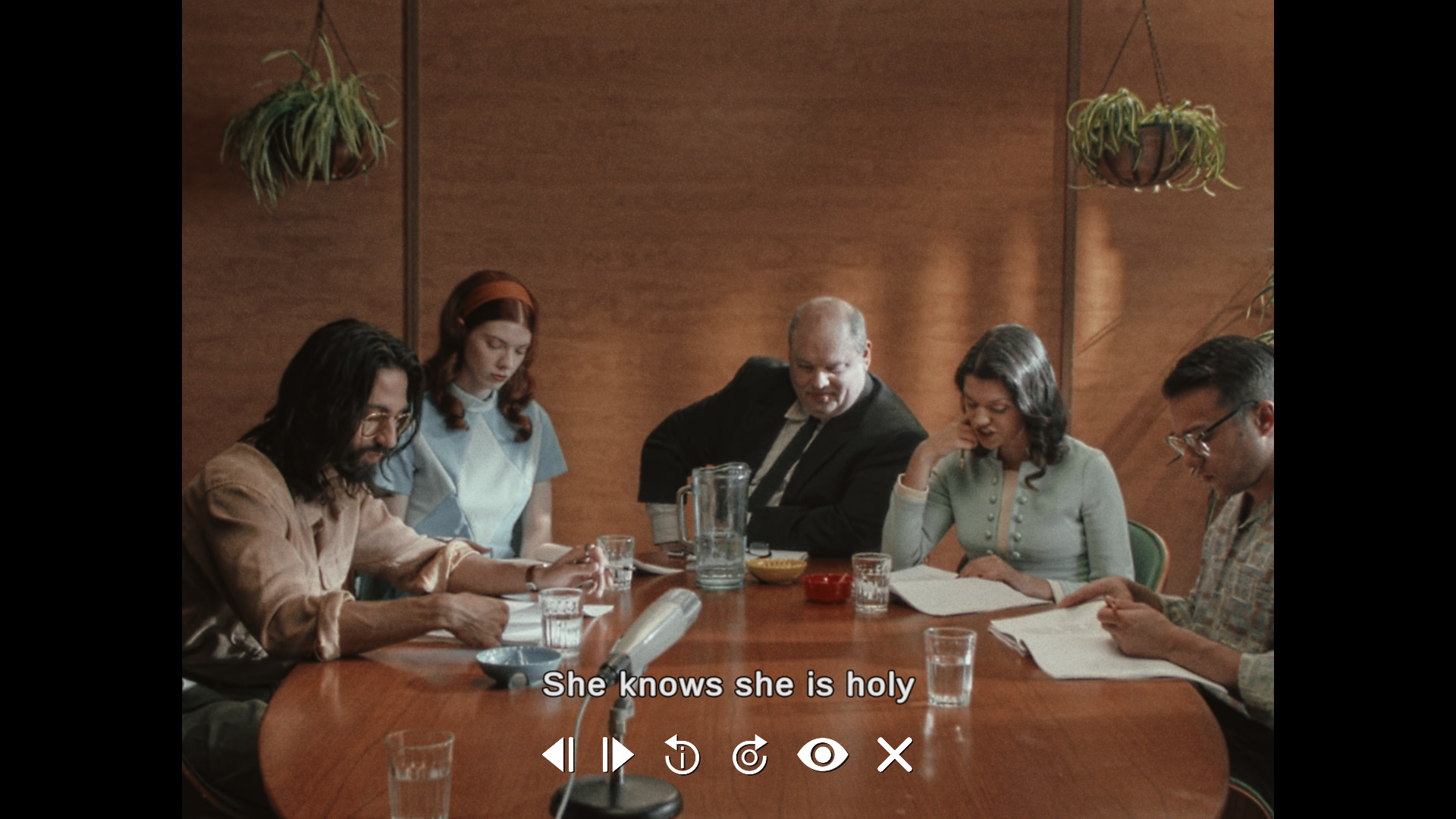
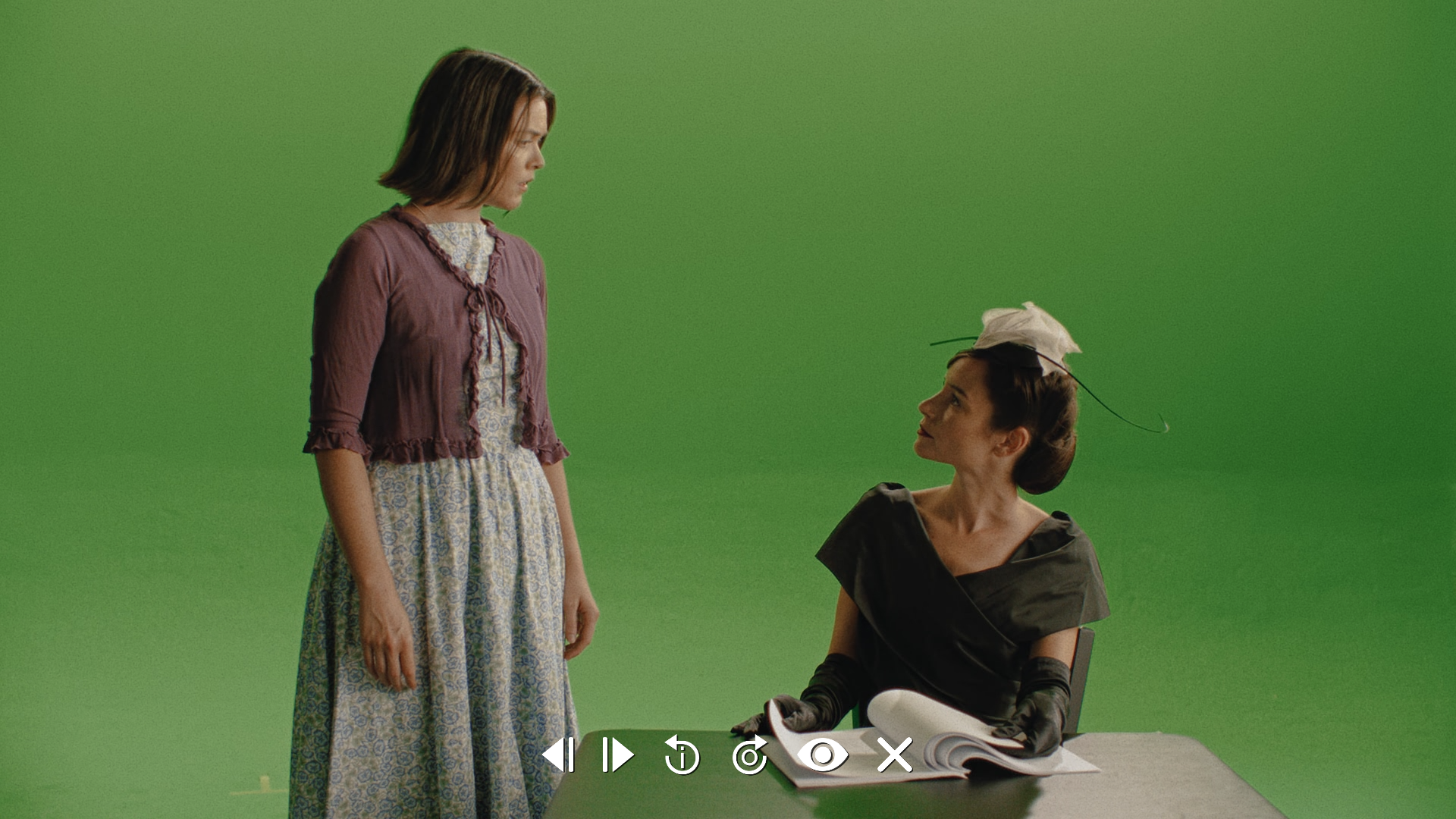

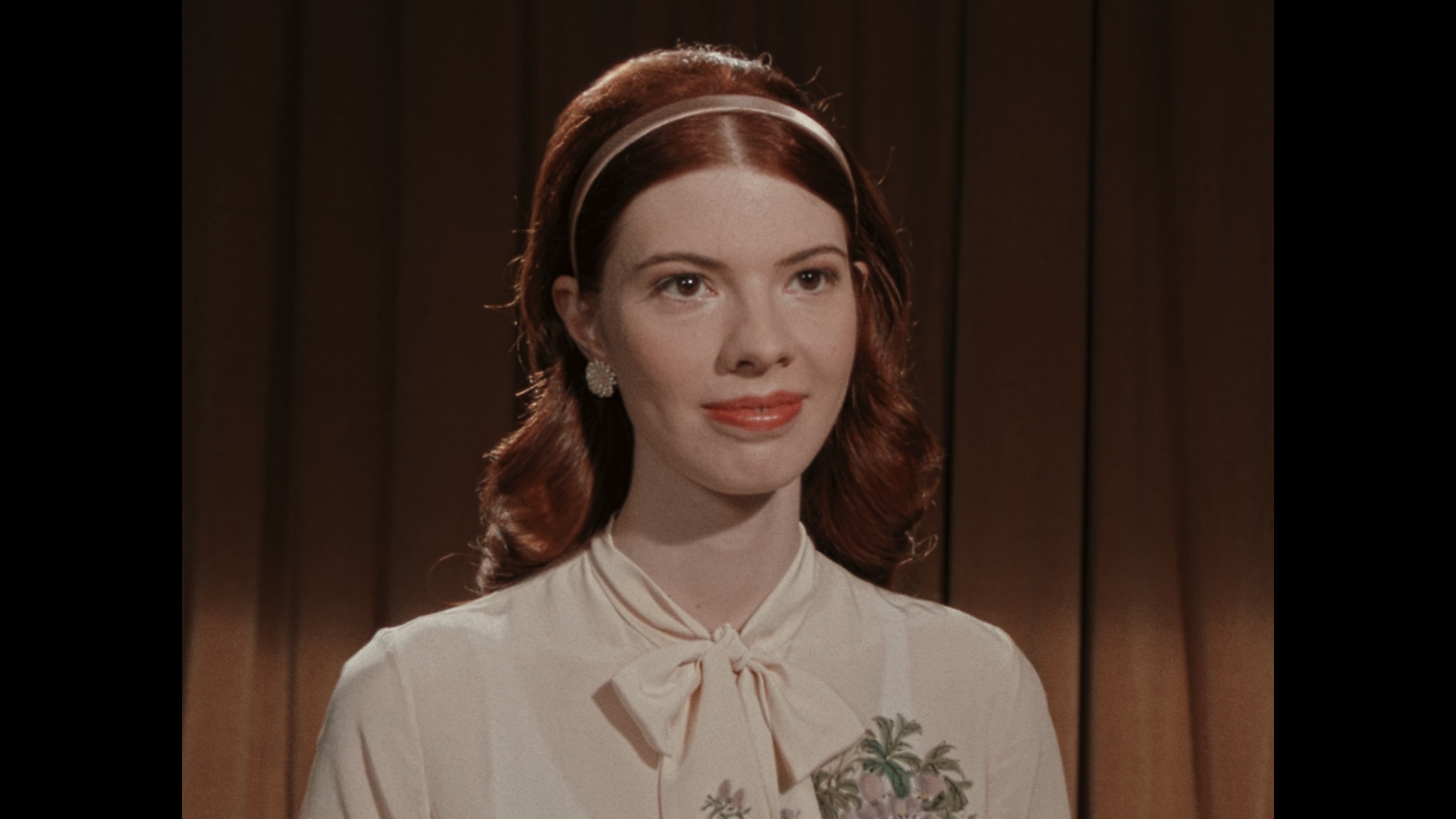
And we see the ugly side of the film industry, as well. If this game is a critique of anything, it is a critique of auteur theory, of the way the industry chews up and spits out talented people, and above all, it is a slam against the industry's rampant and violent misogyny, past and present. While discussing this further would constitute a spoiler, do be aware that there is a list of content warnings in the menu, and it includes sexual assault and abusive relationships among them.
Immortality is a remarkable game. It picks freely from several eras of cinema to deliver a genuine exploration of what it means, and what it costs, to make great, meaningful art. The game's actors are giving the performances of their lives, both as the 'real people' they're playing and in their various in-game movie roles. The aesthetics of each movie are so true-to-life that it’s easy to suspend disbelief and accept the fiction that these are movies from 1968, 1970, and 1999. While initially daunted by Immortality's sweeping, sometimes-cosmic scope, I found that instead of being inscrutable it was eager to show new facets of the mystery. It wanted to be played.
Immortality may draw comparisons to films by Alfred Hitchcock or David Lynch, or even past Barlow-penned titles like Telling Lies and Her Story. That is maybe unavoidable. But as a game, it goes much further beyond anything it might be compared to. Immortality is Sam Barlow's best, most thought-provoking game so far, and a barnstorming debut for Half Mermaid.
Immortality is Sam Barlow's best, most thought-provoking game yet, and a barnstorming debut for Half Mermaid.



